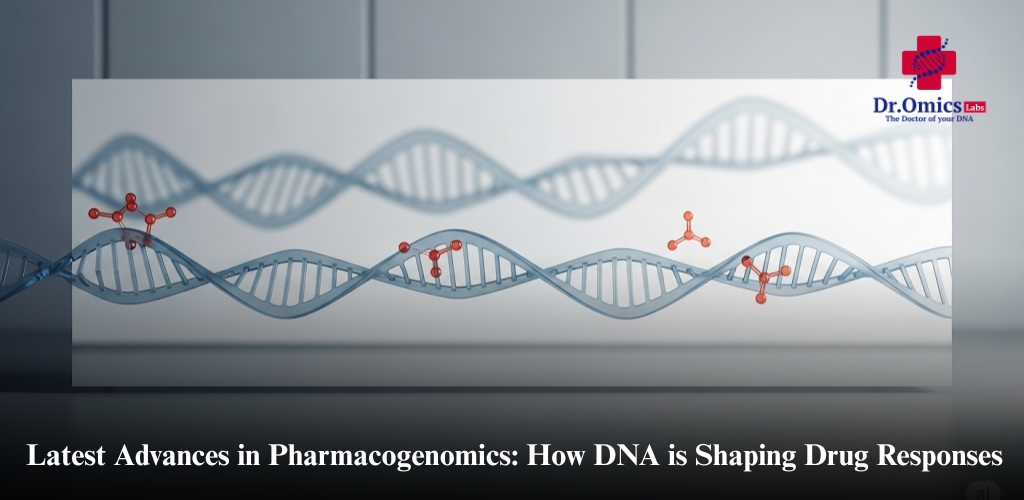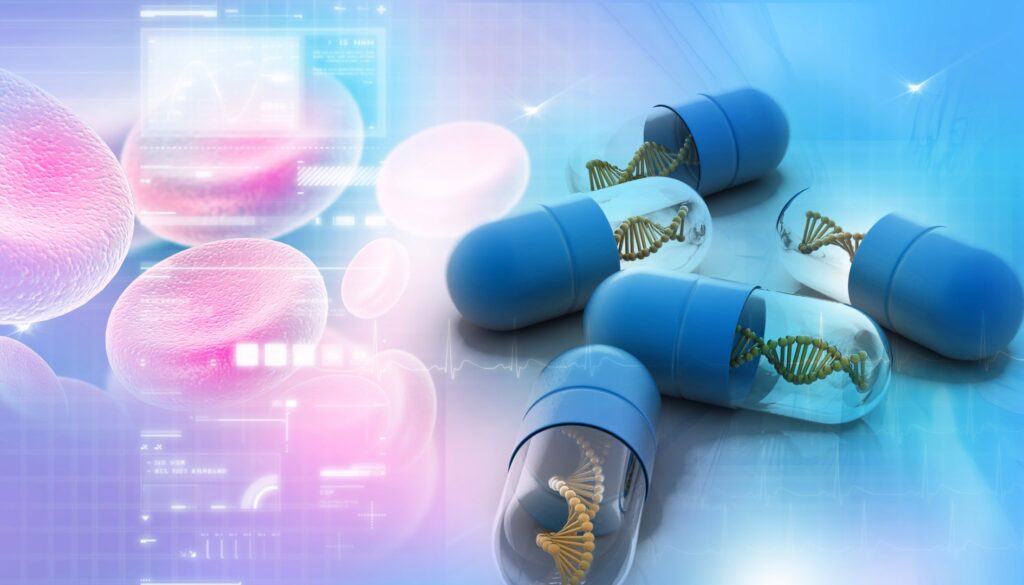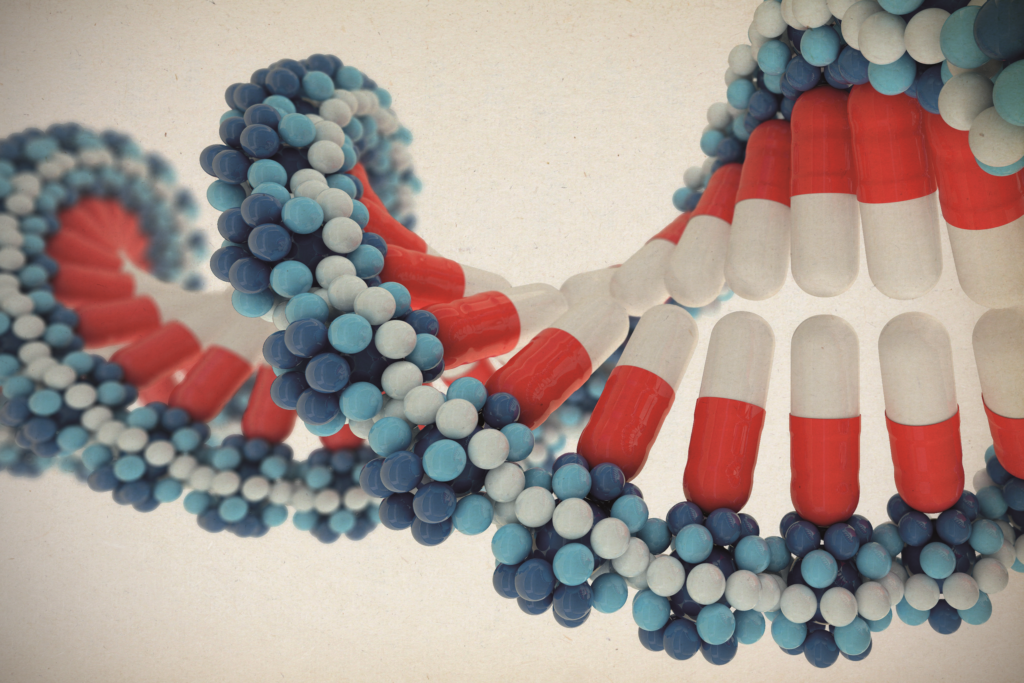In recent years, pharmacogenomics—the study of how your genes affect your response to medications—has revolutionized modern healthcare. With the help of cutting-edge technologies and DNA insights, we are entering an era of personalized medicine where treatments are no longer “one-size-fits-all.” Instead, they are precisely tailored to your genetic profile, improving efficacy and reducing adverse effects.
Whether you’re exploring a genetic drug response test or curious about the latest genomic medicine breakthroughs, this blog covers how pharmacogenomics is changing the future of prescribing.
What Is Pharmacogenomics and Why Does It Matter?
Pharmacogenomics combines pharmacology (the science of drugs) and genomics (the study of genes and their functions) to understand how your body processes medications based on your DNA.
For example, two people with the same condition might respond very differently to the same drug. One may experience fast relief, while another might suffer side effects or get no benefit. A pharmacogenomics test can reveal these differences by analyzing specific genes that influence drug metabolism, transport, and target sensitivity.
The Science Behind Genetic Drug Response
Our DNA contains variations known as single nucleotide polymorphisms (SNPs) that can influence how we absorb, metabolize, and eliminate medications. Key genes like CYP2D6, CYP2C19, and UGT1A1 are responsible for processing a wide range of drugs, from antidepressants and blood thinners to chemotherapy agents.
A DNA test for medication response can uncover these variations, guiding doctors in choosing the right drug at the right dose. This approach reduces the trial-and-error process, shortens treatment time, and minimizes dangerous side effects.
Breakthroughs in Genomic Medicine
Recent genomic medicine breakthroughs have made pharmacogenomics more accessible and actionable. With advancements in next-generation sequencing and AI-powered analysis, genetic testing is becoming faster, more accurate, and more affordable.
Several medical centers and private labs now offer the best pharmacogenomics testing panels that screen for multiple gene-drug interactions in one go. These tests are especially helpful for individuals on multiple medications, people with treatment-resistant conditions, or those who have experienced adverse drug reactions in the past.
Who Should Consider a Genetic Testing for Prescriptions?
A genetic testing for prescriptions is valuable for:
Individuals starting new medications (e.g., antidepressants, painkillers, statins)
Patients with a family history of poor drug response
People who have experienced side effects or treatment failure
Those taking multiple medications
Anyone interested in personalized medicine DNA strategies for long-term health
This proactive approach can empower patients and clinicians alike by providing crucial genetic insights before prescribing begins.
Conclusion: DNA Is the Future of Safer Prescriptions
As we move into a new age of personalized healthcare, pharmacogenomics is emerging as a cornerstone of safe and effective treatment. From preventing adverse drug reactions to optimizing therapeutic outcomes, pharmacogenomics tests are guiding physicians toward truly individualized care.
Whether you’re a patient or healthcare provider, investing in a DNA test for medication response could be one of the smartest decisions for long-term health. As genomic medicine breakthroughs continue to unfold, the era of guesswork in prescribing may soon become a thing of the past.
Key Takeaways
Pharmacogenomics uses your DNA to guide medication choices.
Genetic testing helps personalize prescriptions based on your metabolic profile.
It can prevent side effects and improve treatment success.
Tests are becoming more available, accurate, and affordable.
This is a critical step forward in genomic medicine and personalized medicine DNA care models.




